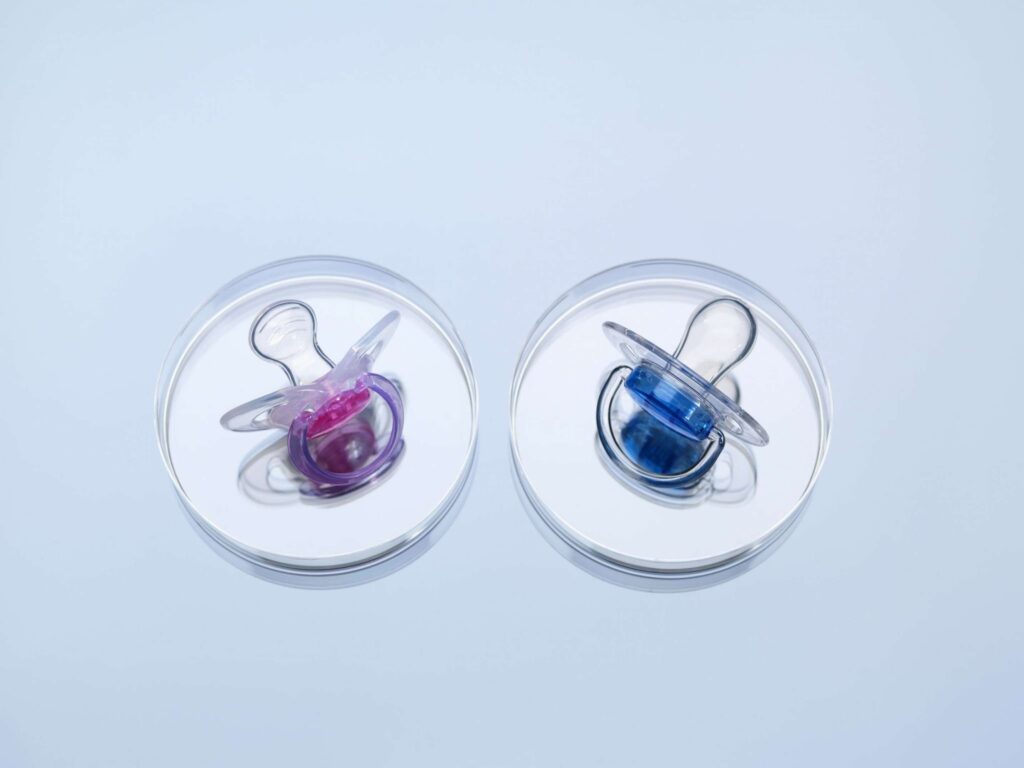What is Genetic Testing, and Why is it Essential for an IVF Baby?

Genes play a crucial role in the birth of a baby because it may inherit certain genetic defects from one or both parents. It is possible to identify if either parent is a carrier of a genetic condition or not by looking at the genetic makeup of the cells of a fertilized embryo. By doing this, we can use the healthiest embryos to implant in the uterus, guaranteeing a smooth pregnancy and the delivery of a healthy child throughout your IVF procedure.
When you can get the best, why make compromises?
Everyone wants the best for their babies. So why jeopardize their health? The potential of your pregnancy success can be determined through genetic testing, which will also reveal any potential genetic problems. This enables you to choose the healthiest embryo for uterine implantation and have a smooth pregnancy with satisfying results.
The Science Behind a Healthy Embryo

Know what makes an embryo healthy? A healthy embryo has 23 complete chromosomes. Any additional or missing chromosomes can lead to genetic disorders. Genetic testing can also detect any specific genetic conditions like spinal muscular atrophy, cystic fibrosis, and breast cancer.
Don't Take Chances. Take Control with Genetic Testing
It can be too stressful to deal with your baby’s health issues, especially when it’s genetic. With genetic testing, you can figure it out earlier and reduce the chances of any genetic disorders being passed on to your child. This is especially important if you’re over 35 or have a history of recurring miscarriages or a previous child with a genetic disorder.
In conclusion, genetic testing is an essential part of IVF treatment that helps you make informed decisions about the healthiest embryo to be implanted, thus increasing your chances of having a healthy, normal baby. So, take your time. Take genetic testing!

